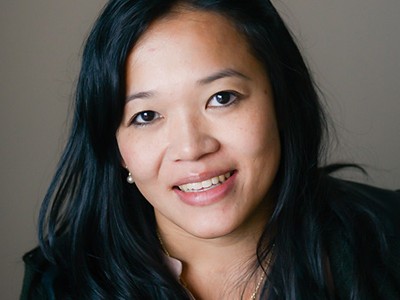September 30, 2011
The University of North Carolina at Chapel Hill has received $100,000 from the North Carolina Biotechnology Center to advance the commercial development of technologies created by UNC Eshelman School of Pharmacy scientists Leaf Huang, PhD, and Hal Kohn, PhD.
Technology transfer officials at three University of North Carolina System campuses are dividing $250,000 to advance the commercial development of discoveries made at their universities. Technology Enhancement Grants of $50,000 each will support the advancement of five inventions with significant market potential.

At UNC-Chapel Hill, Henry Nowack and Jackie Quay, PhD, both assistant directors of the Office of Technology Development, are recipients of the two $50,000 grants. Quay is working to commercialize Huang’s work relating to the safety and effectiveness of siRNAs, which are novel, biodegradable nanoparticles used to deliver various therapies. Nowak is assisting in the preclinical development and characterization of neuroamides, a new class of therapies discovered by Kohn for the treatment of epilepsy and diabetic neuropathy.
These Technology Enhancement Grants provide a maximum of $50,000 to a technology transfer specialist at a North Carolina university or other research institution. The grants fund research studies that are designed to achieve commercial milestones as defined by businesses interested in licensing the resulting technologies.
These awards differ from typical academic research grants in that they support commercially driven studies and are awarded to technology transfer officers responsible for licensing the invention rights, rather than to the inventors themselves.
The biotech center holds up the grant furthering Huang’s technology as an example of how well the program works. Positive preliminary data obtained through the grant funding earlier this year has resulted in the licensing of the technology to Qualiber Inc., a spinoff company in Chapel Hill.
The company will develop Huang’s technology as a means to harness the as of yet elusive, though potentially highly useful, capabilities of siRNAs to block expression of proteins in the body. Qualiber is developing Huang’s technology that uses nanoparticles to deliver siRNA to specific cells in the body, such as cancer cells in a tumor. Docking the right piece of siRNA onto a specific sweet spot of a gene in cancer cells may silence that gene so it couldn’t send out its usual signals attracting blood vessels to the tumor. So the tumor would starve and the cancer would disappear.
Huang is a Fred Eshelman Distinguished Professor and chair of the School’s Division of Molecular Pharmaceutics. Kohn is a Kenan Professor in the Division of Chemical Biology and Medicinal Chemistry.
Latest News

RASP poster presentations capture student research

Delesha Carpenter promoted to full professor


